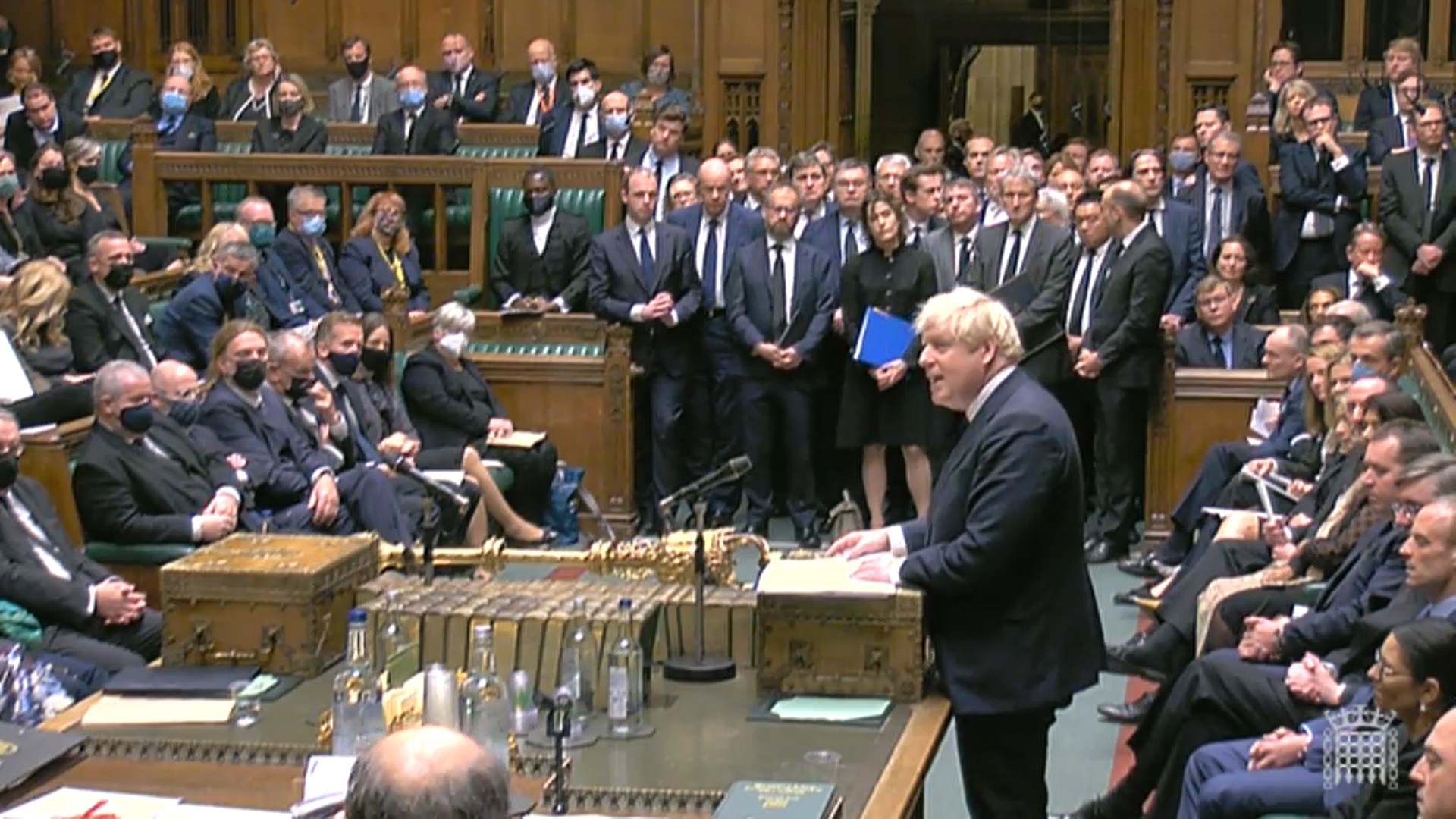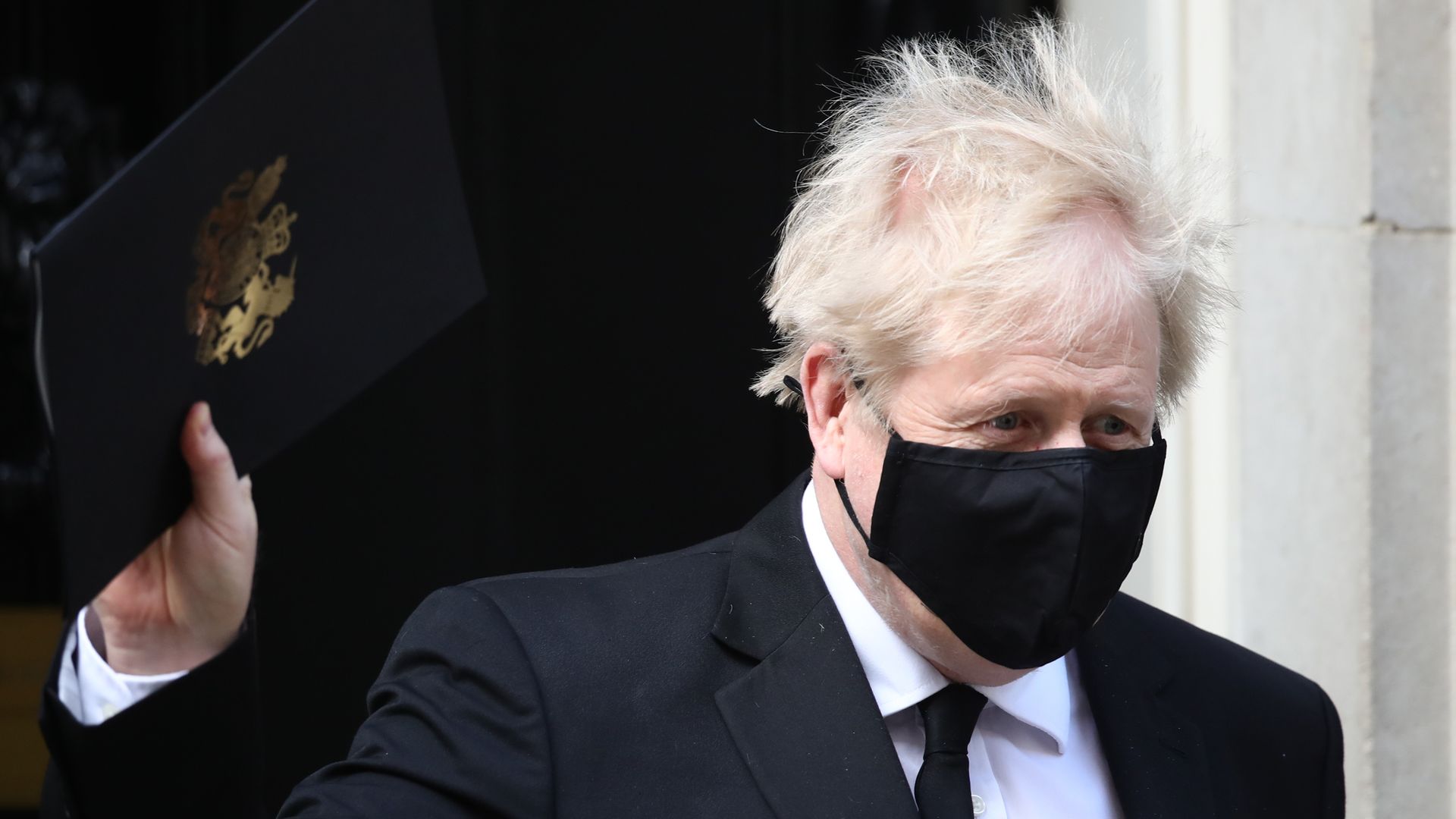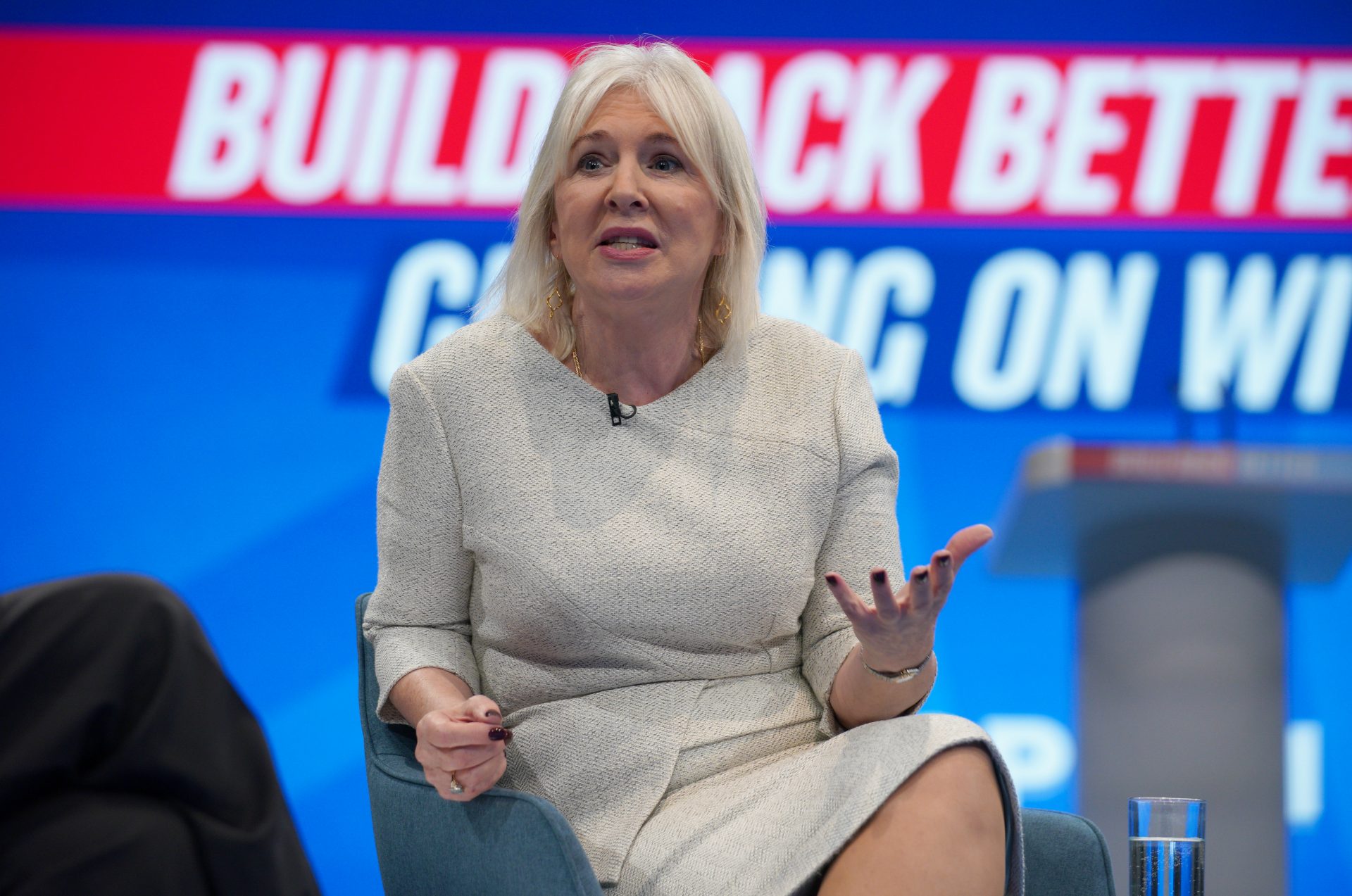In the mind of certain Conservative MPs, the Covid-19 virus works just like a Mayfair gentlemen’s club – however rough or cut-throat it is with strangers, among the rarefied company of honourable friends, it will do no harm.
That’s certainly the only logic that could make sense of Jacob ReesMogg’s ludicrous comments that Conservative MPs didn’t need to mask up during debates in the cramped House of Commons chamber (which is much smaller than it looks on television) because of their “convivial, fraternal spirit” – as if the tens of thousands of people who caught and died of Covid-19 in care homes were all strangers to one another.
Rees-Mogg is just one of dozens of Conservative MPs falling victim to an epidemic of confused thinking around the pandemic and around masking up. Gillian Keegan – a health minister overseeing the care system – warned masks must not become a “sign of virtue”, while her colleague Sir Desmond Swayne said in a debate to a mask-wearing minister that masking would “deny us the fellowship and reassurance of her friendly facial expression”. Meanwhile, masks are abundant on the opposition benches.
The nonsensical row over an intervention as simple as masking is just a symptom of a deeper malaise afflicting the governing party: they are so determined for coronavirus to be over and for ‘normality’ to return that they risk letting it return in full force, entirely avoidable.
It is clear the chancellor wants to move away from the largesse of recent years and establish himself as a fiscally ‘responsible’ right winger, a position that coincidentally would boost his leadership prospects. The party’s right wants to be able to drop ‘nannying’ concerns for public health that have marked the last few years and get on with the serious business of culture wars.
No-one wants another winter to be about coronavirus, and so backbenchers, ministers and Boris Johnson are treating the virus like they did the EU negotiations – hoping enough bluster will make the problem go away on its own.
They are not entirely on their own on that front. Whether through fatigue or through wilful blindness, through the past few months 40,000 cases and 100 deaths a day was something we were all – even if we weren’t Tory MPs –happy to ignore. But now we’ve hit 50,000 cases a day and are approaching 150 or even 200 daily deaths, we’re all starting to pay attention again.
Particularly alarming is that deaths appear to be rising more rapidly than cases. This can be a result of different people getting the virus – if an outbreak is largely among school-age or university students, hospitalisations and deaths will be far lower than if it is predominantly among older adults.
But part of it is also a result of the UK’s successful early vaccine rollout. All of the vaccines remain highly effective against serious illness and hospitalisation after six months or more, but they all drop at least slightly in effectiveness.
As the Financial Times’ John Burn-Murdoch set out, a drop in effectiveness against serious illness after seven months from 96% to 92% might not on the face of it sound catastrophic – but it signals that we could expect the number of breakthrough serious cases to double, from around 4% of people to 8%. It’s clear that could spell serious trouble for the NHS.
The UK is in a difficult position in that it would struggle to deal with either another lockdown or with another major outbreak. The consequences of the former would be grave for businesses only just getting back on their feet after a torrid 18 months of stop-and-start, and ever-changing levels of government support.
The latter would deprive thousands more families of their loved ones, as well as reversing the slow progress the NHS is making in catching up with its backlog of operations and treatments accumulated during the pandemic – as well as itself causing major economic damage.
That leaves the government trying to find some other route, some way of avoiding letting coronavirus spread unchecked while stopping short of measures that could creditably be called another lockdown.
The good news is there’s no shortage of steps that can be taken to help with this. First among these must surely be to get a firmer grip on coronavirus booster jabs – an intervention targeted right at the most vulnerable, which seems to be getting treated as virtually an afterthought when compared to the first vaccine rollout.
Other almost costless wins are restoring mask mandates for more public places – at a minimum for public transport and supermarkets, places where more vulnerable people might be unable to avoid. At the moment, even where mask mandates still exist they are barely enforced and routinely breached. Going back to wearing a mask and sanitising our hands could make a difference, if done early enough.
Similarly, the government could – just through persuasion – ask employers who are able to do so to ask people to continue working from home. It needn’t impose a law or annoy its backbenchers by dictating who can and can’t go to the office, it need only change its messaging to emphasise its previous “work from home if you can” message. Not only does this reduce the workplace as a vector of transmission, but it also means public transport is less crowded for those who still need to travel to work, or who choose to travel for leisure.
Measures such as these work best if they’re done early – the longer it is left, the more drastic and the more entrenched in law action needs to be. This seems to be a lesson the government is determined to ignore. Time and again, by virtue of not wanting to look nannying or overconcerned, the government forces itself to take more drastic action later. If the government doesn’t take steps such as those above – whether it calls them “Plan A”, “Plan B” or something else – it will end up having to take actions its backbenchers and voters dislike far more.
If it delays action only slightly, it will have to consider measures like vaccine passports, which would provoke a significant right wing and civil liberties backlash, and criticism from previously supportive newspapers. If it delays much longer than that, we could see a return to the tier system, and its incomprehensible restrictions, and the toll they take on single-person households.
We collectively tried to ignore the pandemic over the summer and hoped that it would go away. Unsurprisingly, that hasn’t worked. It is easy to see why denial was so tempting: most of us have enjoyed a return to normality, seeing our friends, going to a pub or café, having a meal with your family in a restaurant. We don’t want that to go away.
Now that we have decided to face reality, it needn’t be the worst-case scenario – but the trick is to accept the wake-up call and take modest action now while it might still help. It could be the case that the relatively small steps detailed here are enough to at least keep a lid on transmission and let life function almost like normal.
But if we choose to bury our heads in the sand once more for another month, we will lose on both fronts at once: Coronavirus deaths will spike once more, and the country will shut down yet again. Can Boris Johnson be persuaded to face the problem head-on, for once?




